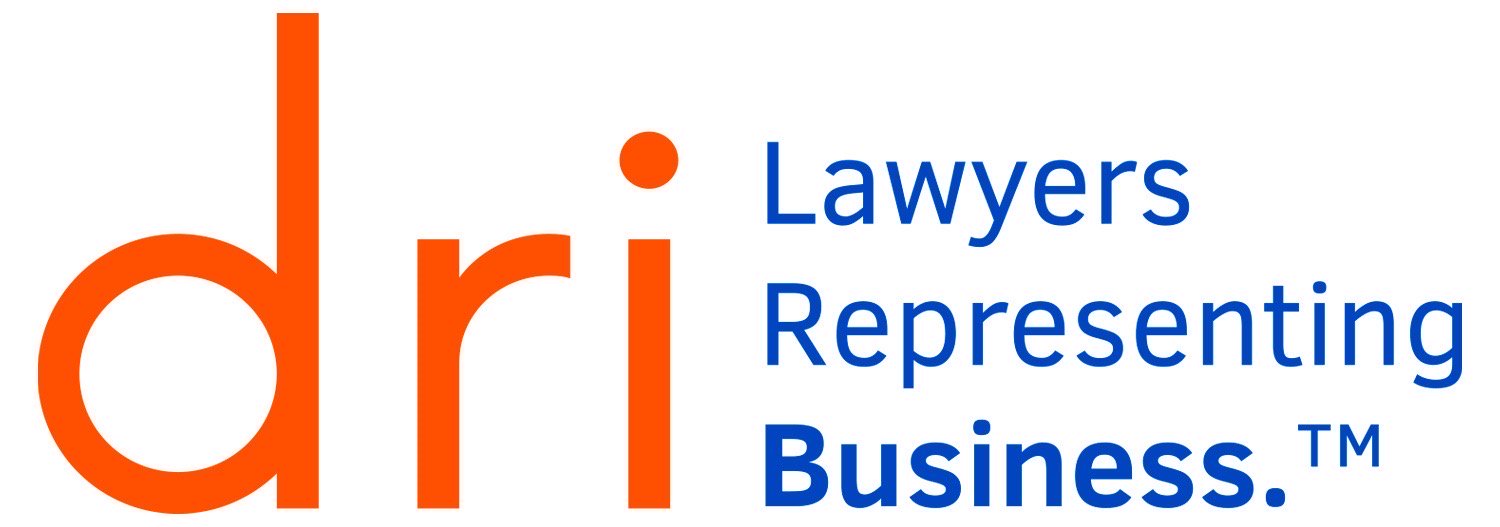Poll Highlights
The Civil Judiciary
- While most Americans, 56 percent, express confidence in the system, four in 10 do not, and very few (7 percent) are very confident it usually produces results that are just and fair.
- Americans differ on whom they'd want to hear a civil case in which they themselves were involved - a plurality, 46 percent, would want it decided by a jury, with the rest chiefly dividing between preference for a judge (24 percent) or a private arbitrator (22 percent).
- A majority of whites, 51%, would prefer their cases to be heard by a jury while only 26% of Hispanics would. Among the three choices, a plurality of black respondents, 39%, prefer juries. Hispanics disproportionately prefer a judge (51%).
Judicial Funding
- Well fewer than half, 40 percent, believe the civil courts in their state have all the funding they need to do their job adequately; an identical 40 percent say these courts are short of needed funding, with the rest unsure.
- For lack of funds, many courts have cut back on hours and, in several publicized stories, have declared that they might have to curtail civil trials to meet their Constitutional mandate for speedy criminal trials. According to the DRI Poll, support for the availability of jury trials is such that Americans broadly reject the idea of a temporary suspension of civil jury trials for budget reasons - 75 percent call this unacceptable.
Class Action
- Just 26 percent overall say that showing the potential for harm should be adequate to join a class-action lawsuit; more than two-thirds instead say plaintiffs should be permitted to join a class only if they can show they've actually been harmed.
- Eighty-five percent say class-action lawyers should be required to obtain permission from individuals before enrolling them as plaintiffs. Just 10 percent support the current practice allowing lawyers to include individuals whom they believe are eligible without getting their permission first, then providing them the opportunity to opt-out later.
- Only ten percent support the use of coupon settlements in class actions, in which lawyers are paid cash while plaintiffs themselves receive comparatively low-value coupons redeemable for products or services. Eighty-three percent say cash payments to plaintiffs should be required.
Jury Bias
- Imagining they were on a jury in a civil case involving an individual who'd sued a corporation, 54 percent of Americans say, all else being equal, they'd be inclined to favor the individual, essentially the same as in a similar question on last year's poll.
- If the defending party were an insurance company, 58 percent would be inclined to favor the individual; if a bank, 56 percent; and if a pharmaceutical firm, 53 percent.
- In the case of legal action between a company and the federal government, a plurality, 43 percent, say they'd side with the company, versus 26 percent who say they'd be more apt to take the government's side.
